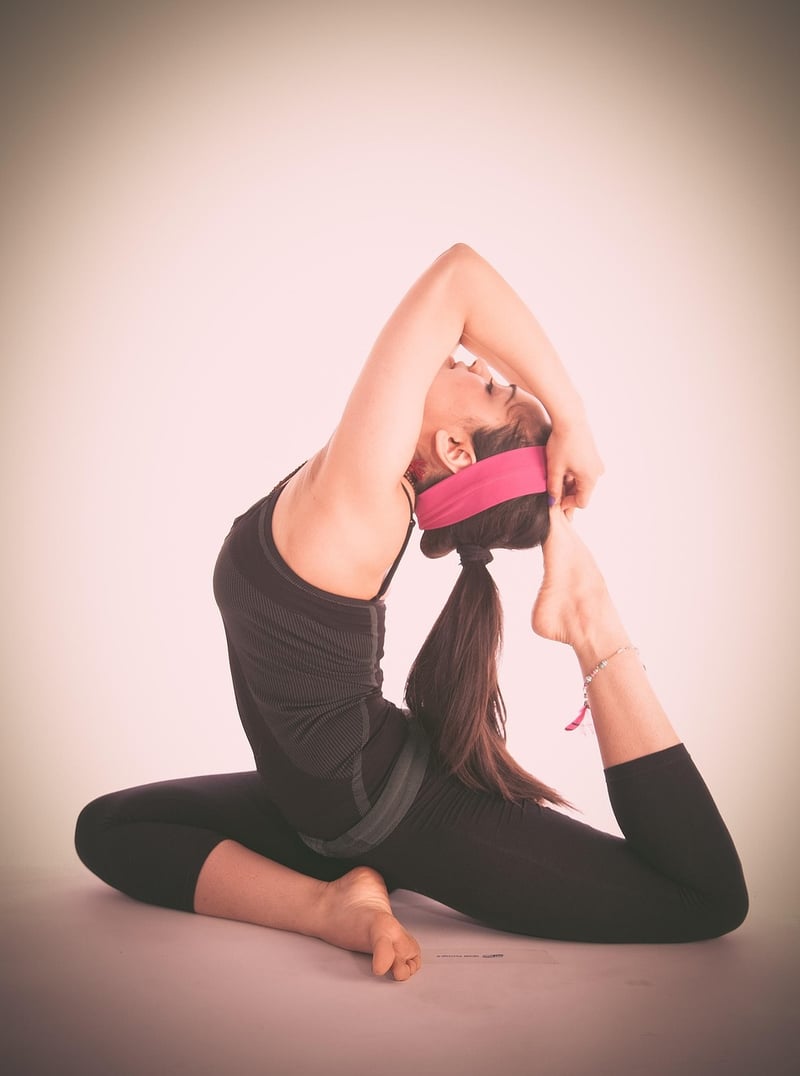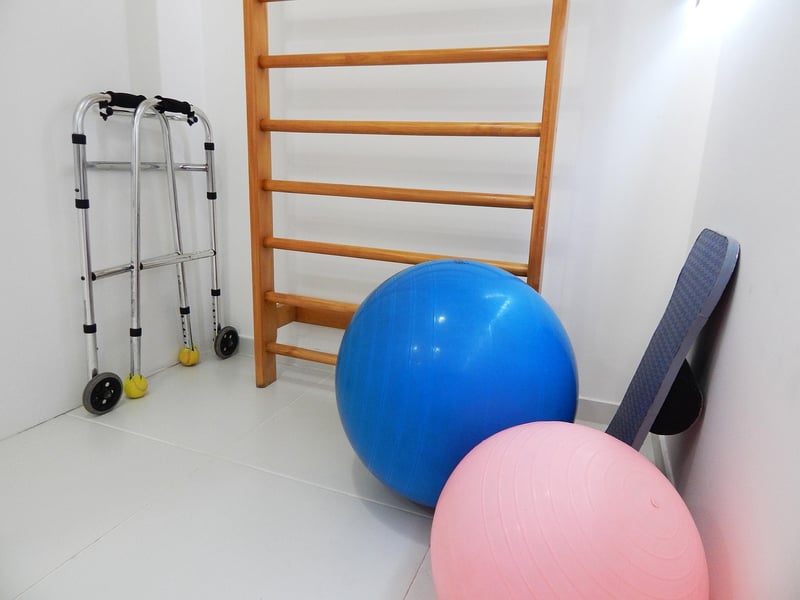Clinical Pilates
The Importance of Core Strength and Flexibility in Clinical Pilates
When it comes to improving overall health and well-being, core strength and flexibility play a crucial role. Incorporating Clinical Pilates into your fitness routine can help you achieve a strong core and increased flexibility, leading to better posture, balance, and injury prevention.
Why Core Strength is Essential
Core strength refers to the muscles in your abdomen, back, pelvis, and hips working together to support your spine and pelvis. A strong core is essential for maintaining proper posture, reducing the risk of back pain, and improving overall stability.

The Benefits of Flexibility
Flexibility is the ability of your muscles and joints to move through a full range of motion. Improved flexibility can enhance your performance in physical activities, reduce muscle tension, and prevent injuries.

Introduction to Clinical Pilates
Clinical Pilates is a specialized form of Pilates that focuses on rehabilitation and injury prevention. It involves exercises that target specific muscle groups to improve core strength, flexibility, and overall body alignment under the supervision of a trained healthcare professional.
Key Features of Clinical Pilates:
- Individualized programs tailored to your specific needs
- Emphasis on precision and control in movements
- Use of specialized equipment such as reformers and stability balls
- Integration of breathing techniques to enhance mind-body connection
By incorporating Clinical Pilates into your routine, you can experience improved posture, increased core strength, enhanced flexibility, and reduced risk of injury, making it an excellent choice for individuals seeking a holistic approach to fitness and rehabilitation.
Consult with a healthcare professional or certified Pilates instructor to determine if Clinical Pilates is suitable for your fitness goals and needs.
